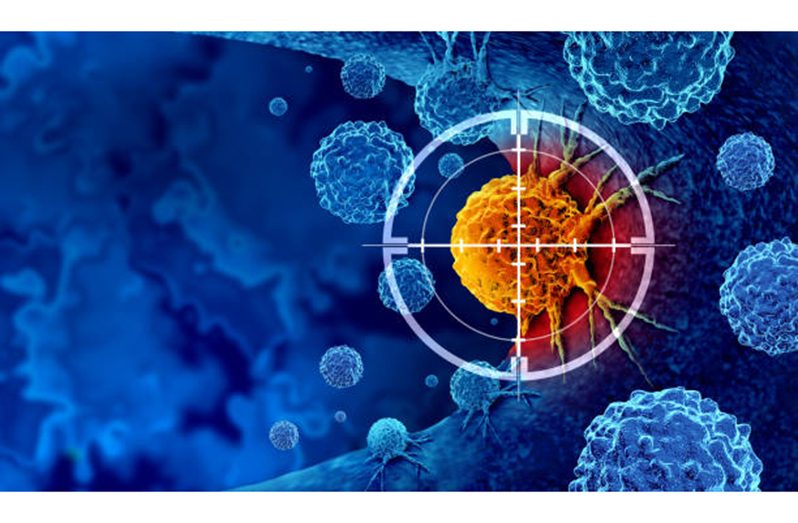IT is known as the silent killer and over the years, cancer has claimed the lives of millions around the world.
It is a complicated disease, which can cause noticeable symptoms rapidly, yet in other instances an individual may have the disease for years and develop no symptoms.
In addition, many cancer symptoms are difficult to differentiate from other less serious illnesses. Hence early diagnosis is not always possible, unless regular health checks are made, particularly when changes in the body are detected.
According to the World Health Organisation (WHO) the most common types of cancer in men are lung, prostate, colorectal (affecting the colon and the rectum) stomach and liver. While breast, colorectal, lung, cervical and thyroid cancer are most common among women.
Researchers also state that certain groups are more susceptible to the disease than others – men slightly more than women and black men more than other ethnic groups.
Cancer is also the second leading cause of global deaths, with an estimated 9.6 million people succumbing to the disease in 2018. The WHO also recognises that the cancer burden is growing, particularly in low and middle income countries, where health systems are least prepared to manage the influx of patients.
It is against this backdrop that the Guyana government, three years ago, adopted a three-stage approach to combat cervical cancer which the Health Minister, Dr. Frank Anthony, said is preventable and yet is the second most prevalent cancer in this country after breast cancer.
Last year Guyanese were also urged to make the most of the ministry’s cancer prevention efforts, which included the relaunching of the HPV vaccine, early screening and early treatment.
World Health Day, celebrated on Saturday under the theme: “My health, my right”, invites everyone to focus on a single health challenge with global impact, such as cancer.
This year’s theme was chosen “to champion the right of everyone, everywhere to have access to quality health services, education and information…” There is also a need for clean air, potable water, good nutrition, quality housing, proper working and environmental conditions and freedom from discrimination.
It is a mammoth task exacerbated by disease and disasters worldwide, pollution and widespread conflicts, which all cause “death, pain, hunger and psychological distress’ ‘.
And while 140 countries recognise health as a human right and include it in their constitutions, many are guilty of not implementing laws to ensure that their populations are entitled to health services.
The WHO, therefore, urges the public to know their health rights, make decisions about their own health, promote the right to health “as an intrinsic pillar of our broader human rights” and champion health as a priority by getting involved in the decision-making around health.













